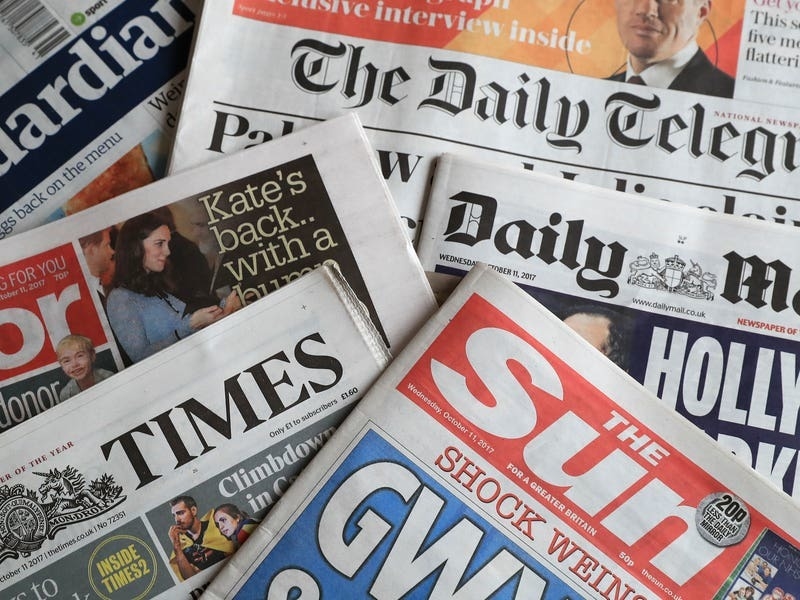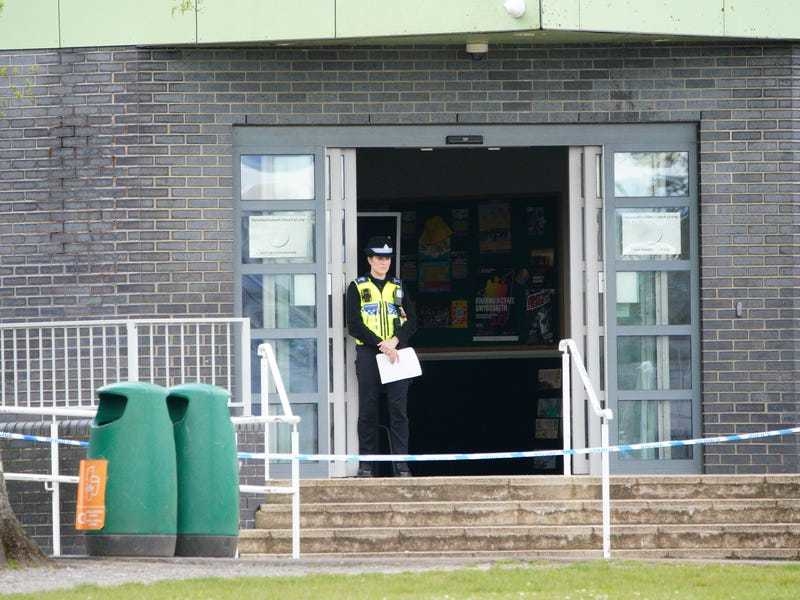Retaining access to both EU and UK markets is the bottom line in any Northern Ireland Protocol deal for the majority of people in Northern Ireland, Alliance Party leader Naomi Long has said.
Mrs Long also said she believed the oversight role of the European Court of Justice continued to be a “sticking point” in efforts to get a deal over the line on the post-Brexit arrangements.
There is mounting speculation that the UK and EU could unveil a deal aimed at breaking the impasse over the protocol within days.

The DUP has set out seven tests as the key conditions for restoring an executive at Stormont.
While the protocol has created a trade barrier on GB/NI trade it also offers Northern Ireland traders dual market access to sell freely both within the UK internal market and into the EU single market.
Prime Minister Rishi Sunak met with European Commission President Ursula von der Leyen on the fringes of the Munich Security Conference on Saturday.
It followed a visit to Northern Ireland, during which Mr Sunak held meetings with Stormont party leaders.
She told Sky News: “In Northern Ireland we, perhaps better than anywhere else, understand that you can be 95% of the way to a deal but it is the last 5% which is often the hardest bit to finish. Near, but still very far.
“Until a deal is over the line, until it is agreed, we really won’t know the final outcome.
“From our perspective, we wanted to communicate to the Prime Minister the importance of listening to all of the parties in Northern Ireland and recognising that over 70% of people within Northern Ireland support remaining within the single market, want to have dual market access and that is the bottom line.
“Irrespective of the DUP’s tests, that is the bottom line for the majority of people in Northern Ireland.”

The EU contends that a fundamental plank of the protocol – namely that Northern Ireland traders can sell freely into the European single market – is dependent on the operation of EU rules in region.
Mrs Long said: “In order to remain part of the single market, there are certain things that we have to adapt to in Northern Ireland. One of those is where the final point of decision making on disputes will be.
“Unionism treat it as though it is a constitutional issue. Most businesses, I think most people, treat it as a pragmatic solution to a problem which needs to be resolved.
“If there are trade disputes between Northern Ireland companies and those in the rest of the EU there has to be a court that has jurisdiction in both in order to resolve those.

“But I wouldn’t want it to be blown out of all proportion. The reality is that no businesses in Northern Ireland have been coming to me in a cold sweat worried about the jurisdiction of the ECJ.
“What they are worried about is their ability to continue to trade into both markets.”






